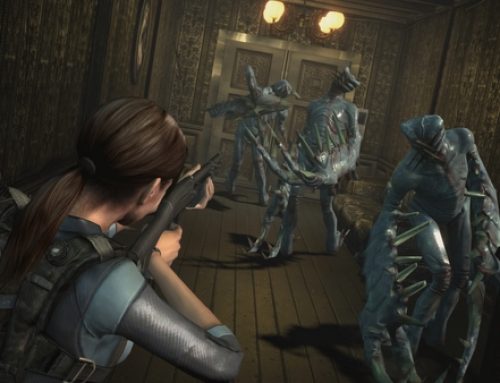Earlier this week, a handful of sites wrote about an AbleGamers Foundation report’s claim that the video game industry stands to miss out on billions of dollars in annual sales if it doesn’t do more to cater to aging and disabled gamers. Given that many developers still haven’t figured out how to program around the most common type of color blindness (red/green), this doesn’t seem like much of a stretch.
Yet amidst this darkness shines a beacon of light: “Alan Wake.”
While “Alan Wake’s” gameplay isn’t going to win any awards for accessibility, the folks at Remedy Entertainment have shown that they’re paying attention to the needs of the disabled by making every door in the game capable of being pushed from either direction. Residents of Bright Falls need not worry about how they’re going to get through that door with their hands full of groceries. Heck, you don’t need hands or arms at all to open the knobless doors. Just walk up and push them open with your forehead. The even make a little “doorknob turning”-type noise when you go through them, as if to reassure the disabled that when they pass through a doorway, it sounds exactly the same as when I turn the knob on my front door and step inside my apartment.
Now, cynics might say that Bright Falls’ dual-purpose doors are merely a programming anachronism, a throwback to the days of the first PlayStation and an era before most games had actual, three-dimensional doorknobs that your character would grasp and turn. These same cynics would demand that “Alan Wake 2” feature “next-generation door-opening middleware.” The nitpickiest among them might even insist on a downloadable patch for the game.
I’m not buying it. See, Bright Falls is a logging and mining town, with hideous, evil things lurking in the woods, sky and lakes. Its residents have likely suffered their share of calamities, so it’s only logical that city government would step in and mandate disabled-friendly doors for everyone. Bravo, Remedy.



